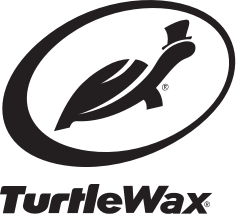
FREE DELIVERY ON ORDERS OVER $30
20% OFF KITS
THOUSANDS OF 5-STAR REVIEWS
- Home
-
Exterior
- Wash
- Wax, Seal & Coat
- Paint Correct
-
Restore
- headlight restoration
- scratch repair
- trim restoration
- bug & tar removal
- metal & chrome finish
- View all Restore
- Wheel & Tire
- View all Exterior
- Interior
- Hybrid Solutions
-
Mister Cartoon
- Mister Cartoon Complete Collection
- Mister Cartoon Air Care & Foggers
- Mister Cartoon Wash, Wax & Detailer
- Mister Cartoon Interior, LVP & Protectant
- Mister Cartoon Wheel & Tire
- View all Mister Cartoon
- Car Care Kits
- Accessories
- Learn
- Rewards
- Product Finder
FREE DELIVERY ON ORDERS OVER $30
20% OFF KITS
THOUSANDS OF 5-STAR REVIEWS

WHAT IS CARNAUBA WAX AND HOW SHOULD YOU USE IT?
In this article, you will learn:
- Why carnauba wax was once considered the gold standard for car waxes
- The strengths and weaknesses of carnauba wax as an automobile coating
- How to apply carnauba wax to your car’s finish




